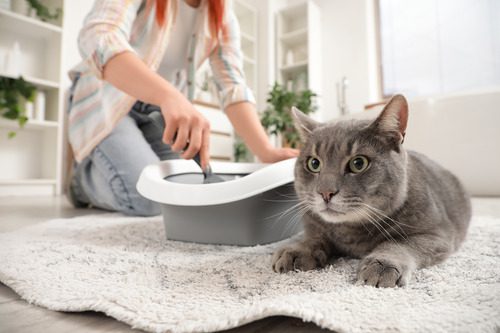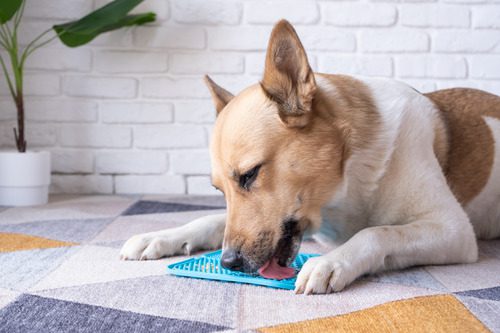Can Dogs Have Dragon Fruit
Dragon fruit, also known as pitaya, is a vibrant and exotic fruit that has gained popularity for its unique look and potential health benefits. But when it comes to sharing this colorful treat with our canine companions, many pet owners find themselves wondering: can dogs have dragon fruit? In this blog, we will explore the safety and health implications of feeding dragon fruit to dogs, and how this can fit into a balanced diet for your pet. If you’re looking for personalized advice or have specific concerns about your dog’s diet, we encourage you to call Best Friends Veterinary Hospital today for expert guidance.

What Is Dragon Fruit?
Dragon fruit is a tropical fruit known for its vivid red skin and sweet, kiwi-like flesh. It originates from the Americas but is now grown in various tropical and subtropical regions around the world. This fruit is not only appealing in appearance but also packed with nutrients beneficial to humans.
Can Dogs Safely Eat Dragon Fruit?
Yes, dogs can safely eat dragon fruit. It is non-toxic to dogs and can be a healthy snack in moderation. The fruit’s flesh is rich in vitamin C, fiber, and antioxidants, which can contribute positively to a dog’s diet. However, it’s important to remove the skin of the dragon fruit, which can be hard to digest for dogs.
Health Benefits of Dragon Fruit for Dogs
Boosting the Immune System
The high levels of vitamin C in dragon fruit can help strengthen the immune system of dogs, making them more capable of warding off infections. Antioxidants in the fruit also reduce free radicals, which are harmful to both dogs and humans.
Aiding in Digestion
Dragon fruit contains a significant amount of fiber, which can aid in digestion and prevent constipation in dogs. Regular consumption of small amounts of dragon fruit can help maintain a healthy digestive tract, but it should not replace a dog’s regular diet.
Skin and Coat Health
The omega-3 and omega-6 fatty acids found in dragon fruit can promote a shiny, healthy coat in dogs. These fats are essential for skin health, helping to keep your dog’s coat smooth and lustrous.
How to Include Dragon Fruit in Your Dog’s Diet
- Serving Ideas: Dragon fruit can be served to dogs in small, bite-sized pieces, either alone or mixed into their regular food. It’s a refreshing treat, especially on a hot day. Make sure to introduce this new fruit slowly into your dog’s diet to monitor any adverse reactions.
- Things to Avoid: While dragon fruit itself is safe for dogs, it is crucial to avoid any commercially prepared dragon fruit products that may contain added sugars or artificial sweeteners like xylitol, which is toxic to dogs.
Potential Risks of Feeding Dragon Fruit to Dogs
Allergic Reactions
Although rare, some dogs might be allergic to new foods, including dragon fruit. Symptoms of an allergic reaction can include itching, hives, or gastrointestinal upset. If you observe any of these symptoms after feeding dragon fruit, discontinue its use and consult your vet.
Gastrointestinal Issues
Due to its high fiber content, overconsumption of dragon fruit can lead to digestive issues such as diarrhea or loose stools in dogs. It is best to give this fruit in moderation as part of a balanced diet.
Enhance Your Dog’s Health with Dragon Fruit
Dragon fruit can be a safe and beneficial treat for your dog, packed with nutrients that support health and wellness. As with any new food, it should be introduced gradually and given in moderation as part of a balanced diet. For more information on how to safely incorporate fruits like dragon fruit into your pet’s diet, or if you have any concerns about your dog’s nutritional needs, please call Best Friends Veterinary Hospital. Our team is ready to assist you with expert advice tailored to your pet’s unique health profile.
Recent Posts
About Best Friends Veterinary Hospital
Our veterinarians and staff warmly welcome dogs, cats, and a variety of exotic pets as patients here at our animal hospital, and we offer a host of services to give your unique family member a lifetime of excellent care.





